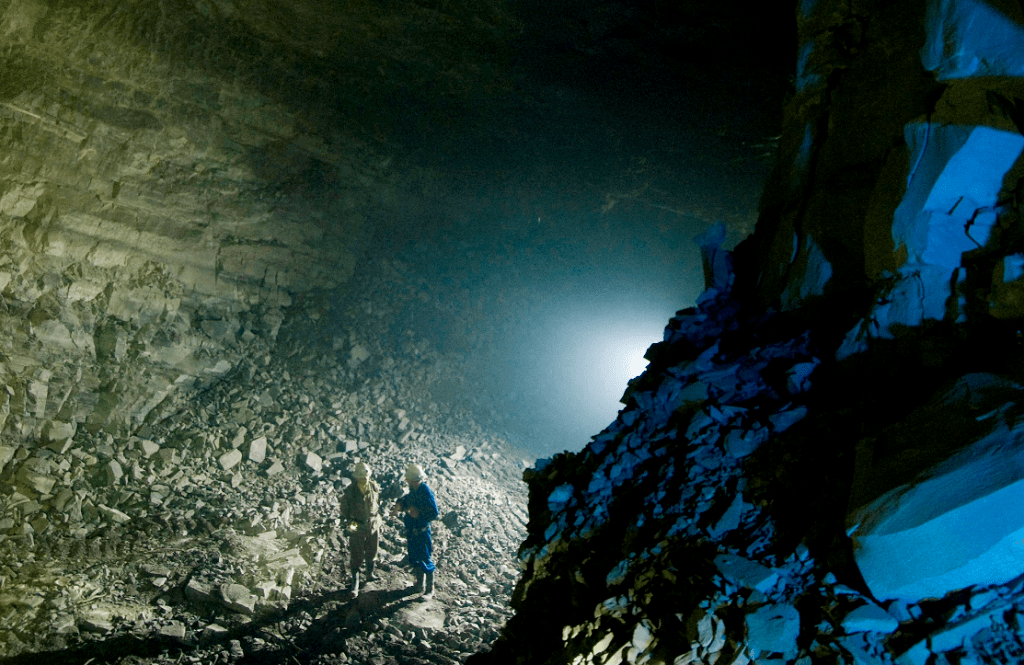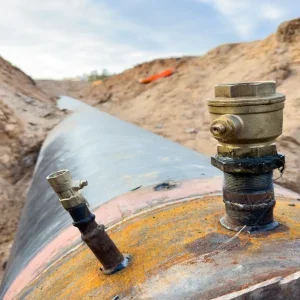
While a host of new technologies are driving the transition to a decarbonised economy, a shortage of the minerals needed to develop them is a “real possibility” without coordinated international efforts over responsible sourcing.
Commodities such as cobalt, copper, lithium, cadmium, and other rare earth elements are all essential components of technologies including solar photovoltaics, electric vehicle batteries and wind turbines — and demand for them is expected to increase dramatically as the clean energy push gathers pace.
But social, political and environmental concerns have cast a shadow over mining activities for several of these minerals and metals, while the emergence of monopolies in some regions has created further supply chain issues.
New research by an international group of academics, published in the journal Science, warns the low-carbon movement could be undermined by a lack of global cooperation and governance to “ensure a sustainable supply of rare minerals and metals”.
Professor of energy policy at the University of Sussex Benjamin Sovacool said: “Mining, metals, and materials extraction is the hidden foundation of the low-carbon transition. But it is far too dirty, dangerous, and damaging to continue on its current trajectory.
“The impacts to mining rightfully alarm many environmental campaigners as a large price to pay to safeguard a low-carbon future.
“But as the extraction through terrestrial mining becomes more challenging, the on-land reserves of some terrestrial minerals dwindle or the social resistance in some countries escalates, even oceanic or even space-based mineral reserves will become a plausible source.”
New international governance is needed for the responsible sourcing of minerals
The research calls for “new international agreements and governance mechanisms” to be put in place to ensure the continued supply of minerals required to continue developing the technologies powering the green transition, while also “limiting the environmental and public health damage of their extraction and processing”.
Professor and director of the Payne Institute for Public Policy at the Colorado School of Mines, Morgan Bazilian, said: “As the global energy landscape changes, it is becoming more mineral and metal intensive.
“Thus, the sustainability and security of material supply chains is essential to supporting the energy transition.
“How we shape that pathway will have important consequences for everything from the environment, to development, and geopolitics.”
Further recommendations of the study include expanding the recycling and reuse of rare minerals to extend their lifetimes, as well as stronger “extended producer responsibility” for products that use these minerals — meaning a greater obligation would be passed on to the electronics manufacturers to oversee the entire lifespan of their products containing these commodities.
Deep sea mining could provide new sources of metals used in green technology
Within their paper, the researchers also raise the prospect of deep sea mineral extraction — and even mining in space — with metallic nodules found beneath the sea known to contain some of the richest deposits of metals for green technologies.
Seabed mining is an industry still in a nascent stage, although growing demand for rare metals could see its development accelerate in the coming years.
It has faced opposition from environmentalists who raise concerns over the potential harm mining could have on marine ecosystems, and the scientists agreed that restrictions should be placed on how the activity is conducted.
The research finds: “Within international waters, metallic nodules found in the vast Clarion-Clipperton Zone of the Pacific, as well as in cobalt and tellurium crusts found in seamounts worldwide, provide some of the richest deposits of metals for green technologies.
“But minerals in more pristine and distinctive ecosystems near hydrothermal vents should remain off-limits for mineral extraction for the foreseeable future.”






